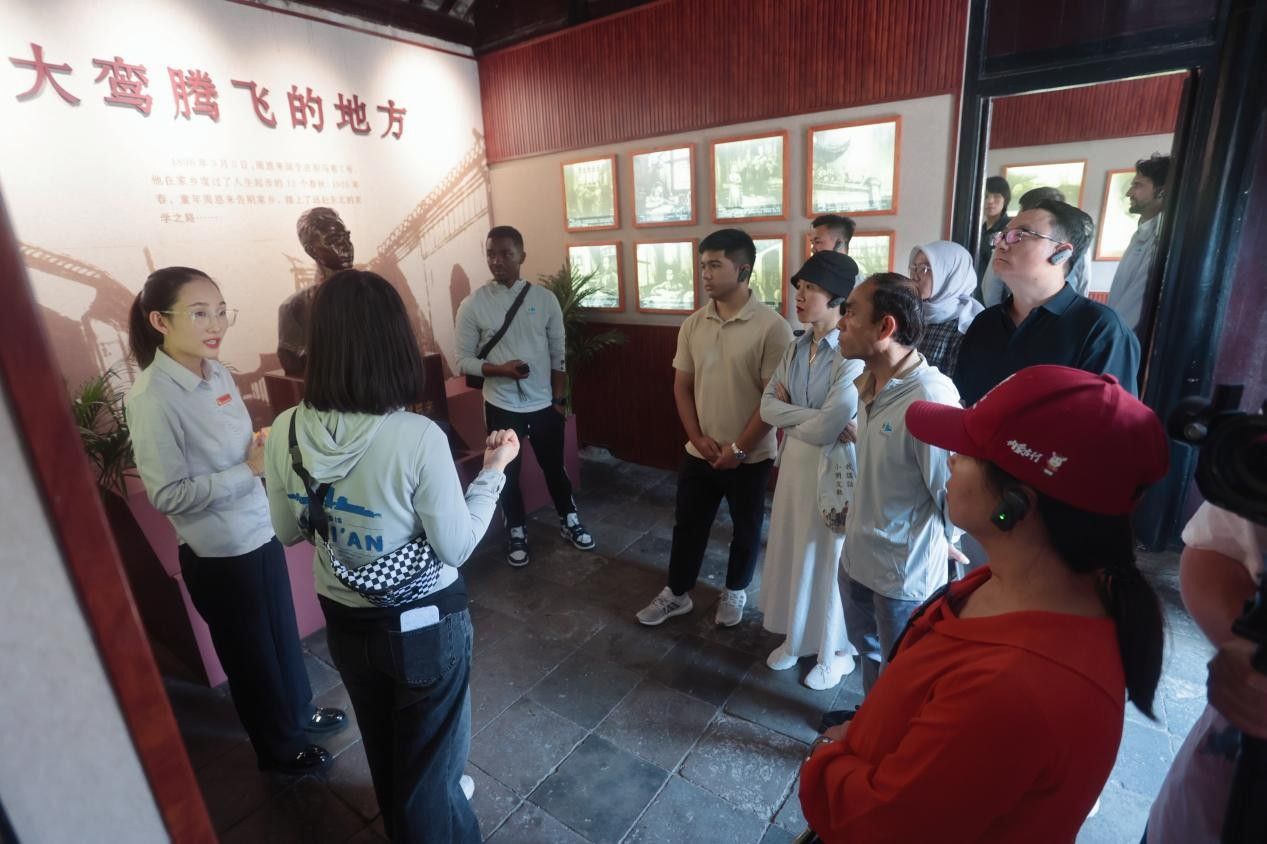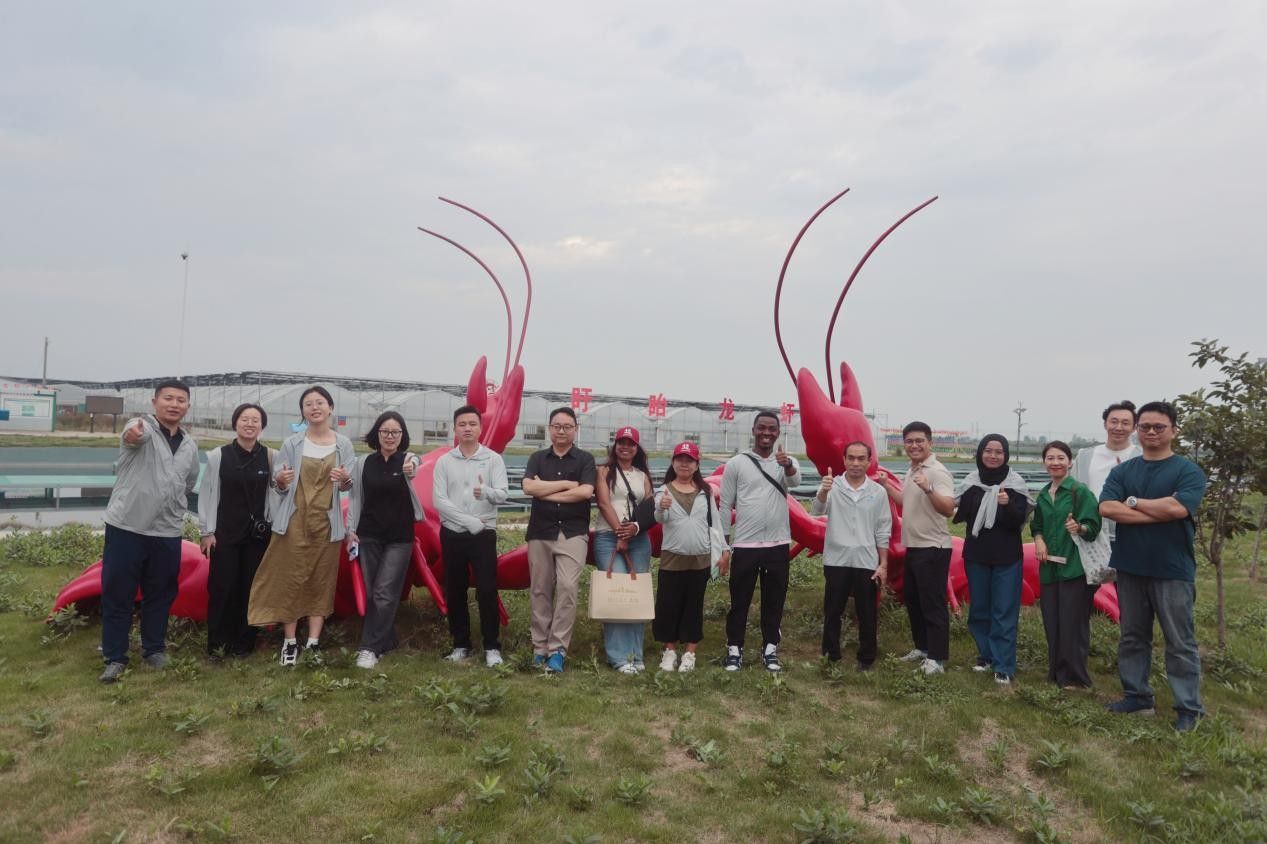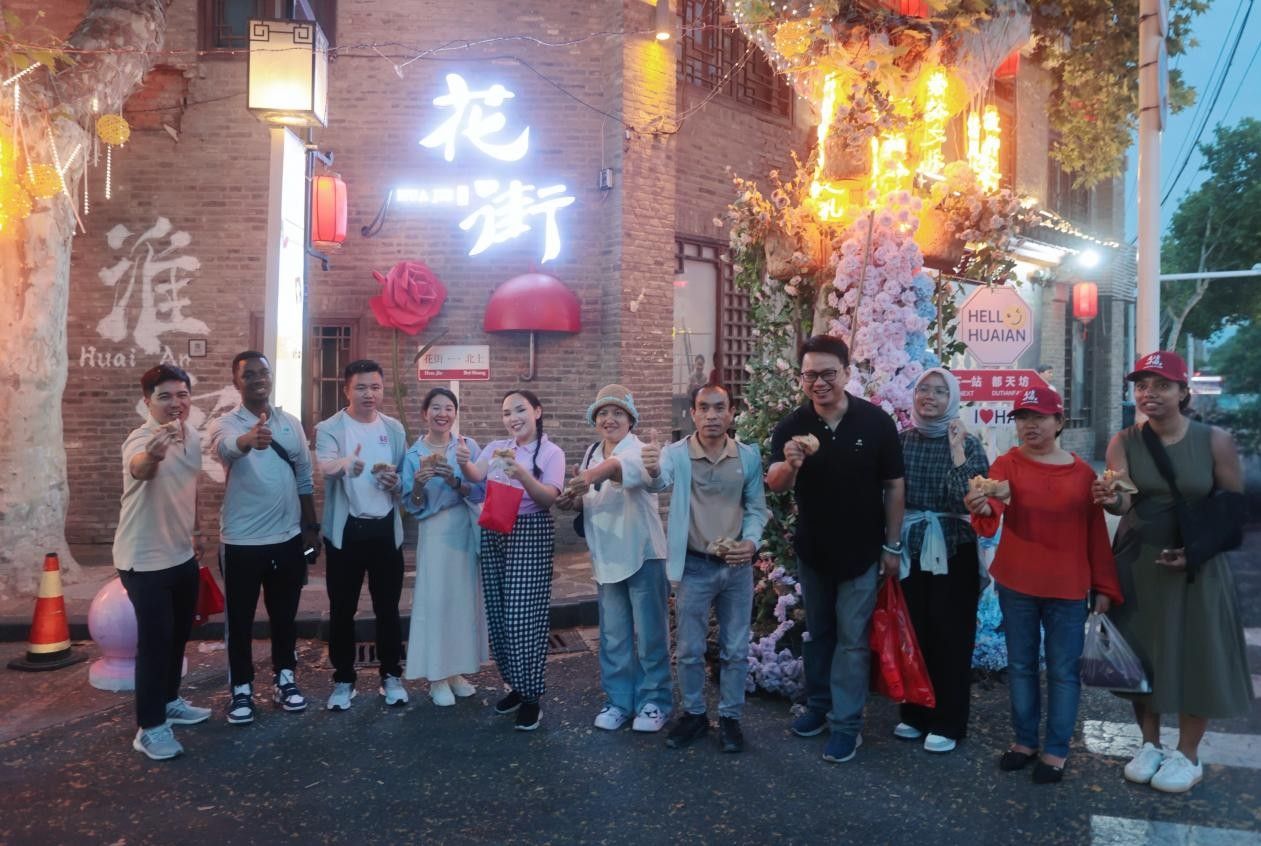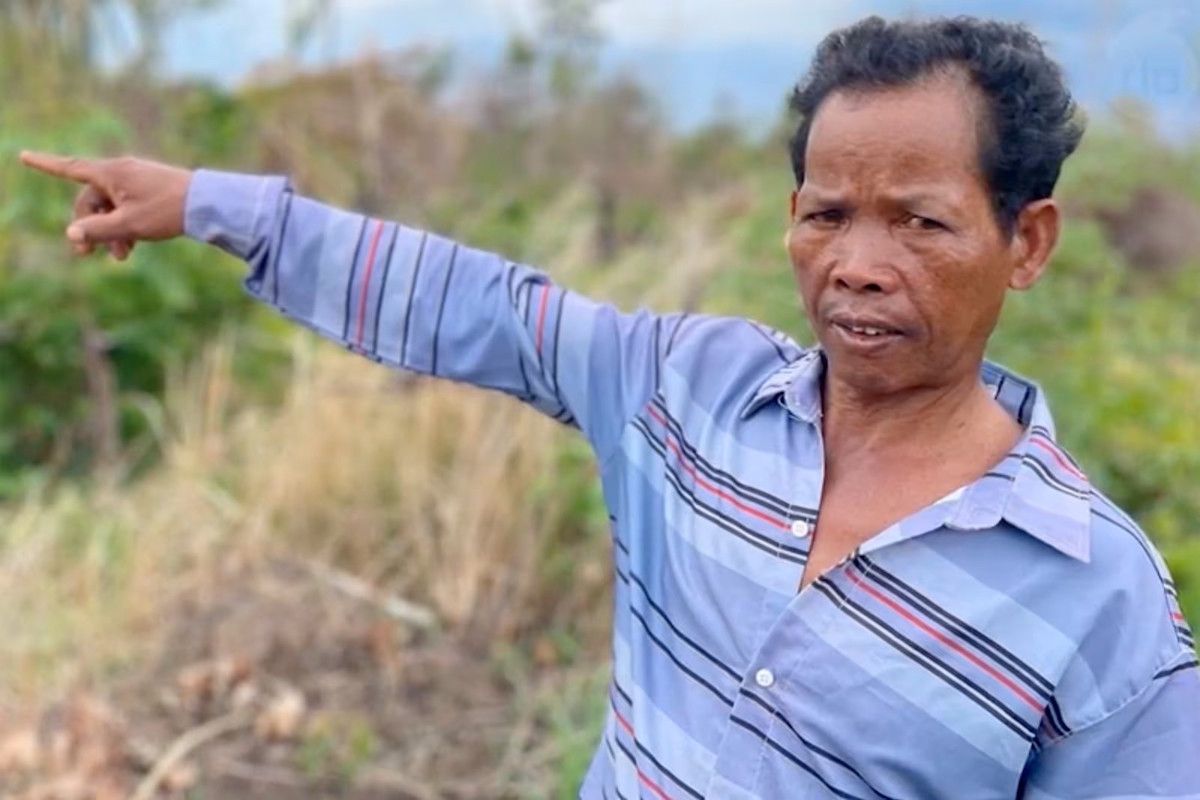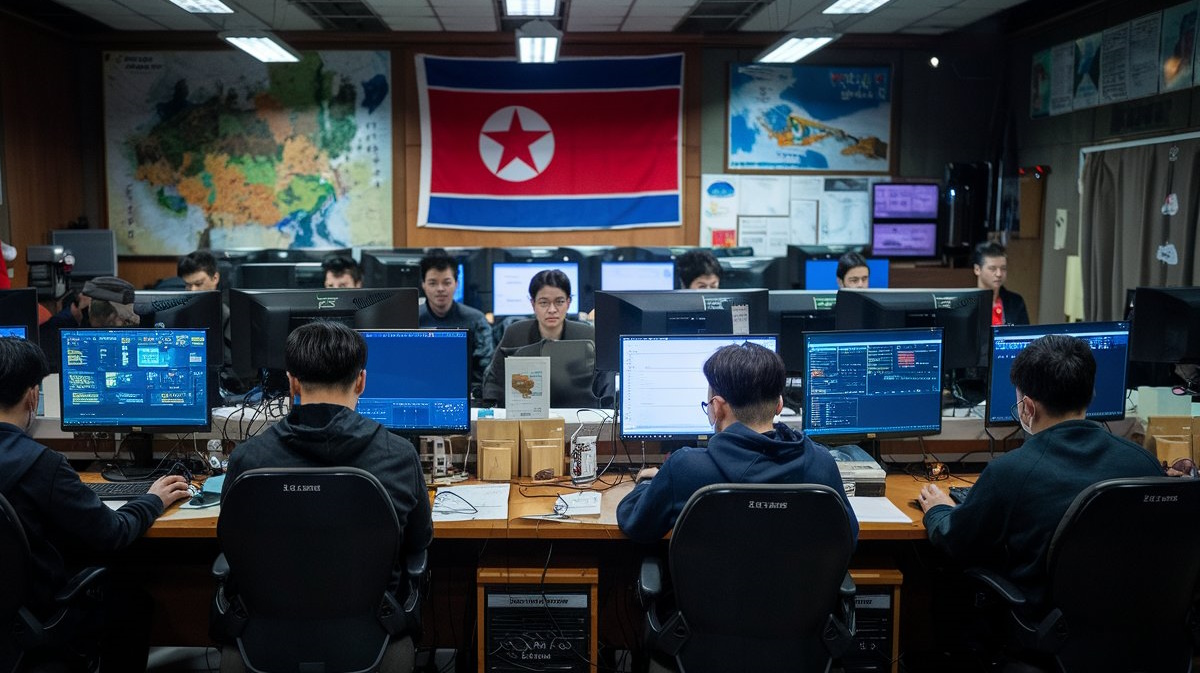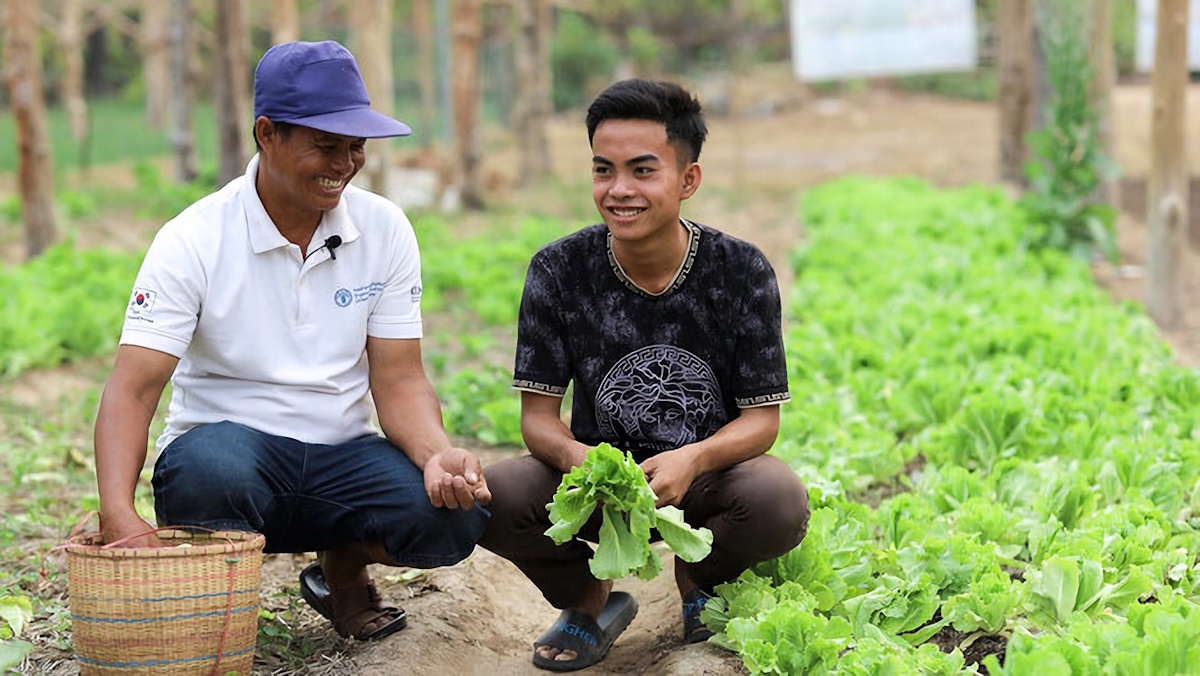Svay Rieng, a province once known mostly for border trade and rural landscapes, is now attracting attention as a job creation powerhouse thanks to its rapidly expanding special economic zones (SEZs). Over the past year, local officials and industry observers have repeatedly described Svay Rieng’s SEZs as essential drivers for Cambodia’s industrial growth and employment, signaling major shifts in the economic fortunes of the entire region.
A Surge in Industrial Investment
The SEZs in Svay Rieng have become magnets for foreign and local investment, with factories and logistical hubs springing up at an accelerating rate. Investors from China, South Korea, Singapore, and other neighboring countries are flocking to Svay Rieng, enticed by favorable government incentives, reliable infrastructure, and proximity to important transport routes. According to recent statements by Vuthy, spokesperson for Cambodia’s Council for the Development of Cambodia, these SEZs are powering a new wave of industrial expansion—bringing in both capital and technical know-how that are creating thousands of new jobs for Cambodians.
Within the SEZ compounds, modern industrial parks house textile producers, electronics assemblers, packaging plants, and agro-processing centers. Many of these facilities operate with advanced machinery and digital controls, making them competitive on regional export markets.
Job Opportunities for All Ages
The biggest change for local communities has come in the form of employment. Where fields and small shops once dominated, there are now recruitment drives and training workshops to connect local youth and displaced workers with stable manufacturing jobs. Factory operators report heightened demand for workers at all skill levels—from quality assurance and logistics to engineering and finance.
Women are especially benefiting from the SEZ boom, finding roles in textile and electronics assembly where companies offer formal contracts, health benefits, and skills development programs. Vocational training centers, often run in cooperation with foreign partners, help young people obtain certifications in subjects like machinery operation, business English, and computer literacy.
Economic Ripple Effects
The job creation in Svay Rieng’s SEZs is having a ripple effect across the province. Local businesses catering to factory staff—such as housing, food stalls, and transport services—are popping up around the industrial zones, adding to the informal job market and fostering new micro-enterprises. Schools and health centers report rising enrollment as families gain stability and income.
Land prices have surged, and new residential developments are springing up in areas where factories operate. While some residents worry about environmental pressures and traffic congestion, most express optimism as incomes rise and young people no longer need to migrate abroad for work.
Cambodia’s National Growth Goals
The Cambodian government views the SEZ model in Svay Rieng as a blueprint for industrial expansion in other provinces. Officials are studying how to replicate tax incentives, fast-track permits, and upgrade utility infrastructure to encourage similar growth elsewhere. As of September 2025, the Council for the Development of Cambodia said that more than 560 investment projects across the nation were approved this year—most centered in SEZs—with expectations for hundreds of thousands of new jobs.
Despite these successes, local authorities and industry leaders are mindful of challenges. Labor organizers want continued improvements in workplace conditions and fair wages, while environmental groups call for responsible development and better pollution controls. The government is working to balance rapid expansion with inclusive planning, ensuring that economic gains are sustainable and widely shared.
In Svay Rieng, however, the optimism is palpable. “This is becoming a place where ambition meets opportunity,” said one local job recruiter. “People are returning to their hometowns for real careers, not just temporary work.”



